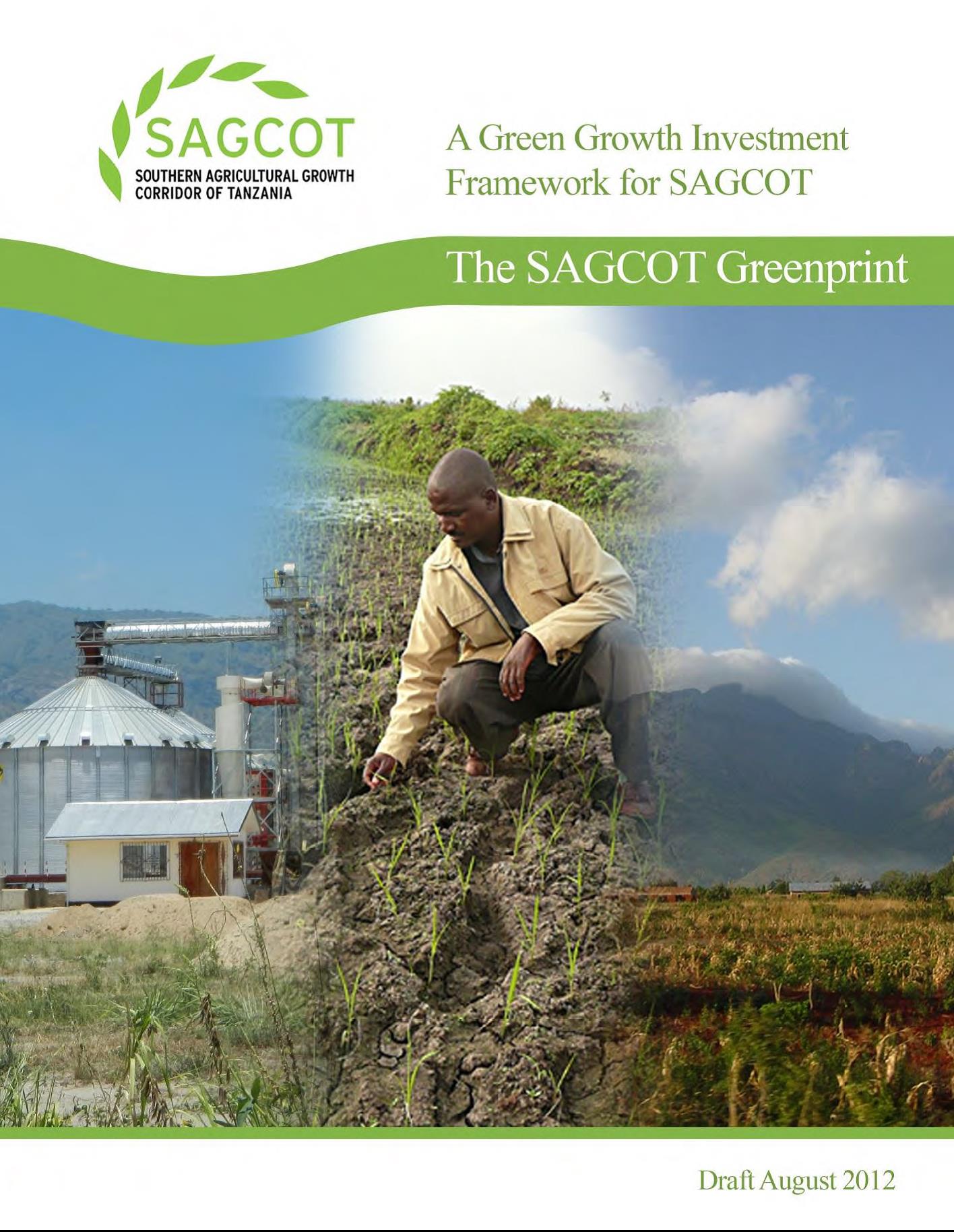Women's Access to Land in Kenya
This study strongly indicates the lack
of access to land for women in Kenya's agricultural
communities cannot be framed as a failing of formal or
informal systems, but rather as issues with both. Even the
creation of fused or hybrid mechanisms, such as the Land
Control Boards (LCBs) and Land Disputes Tribunals (LDTs),
has not increased access to justice. Underlying power
dynamics and the use of such systems by self-serving


